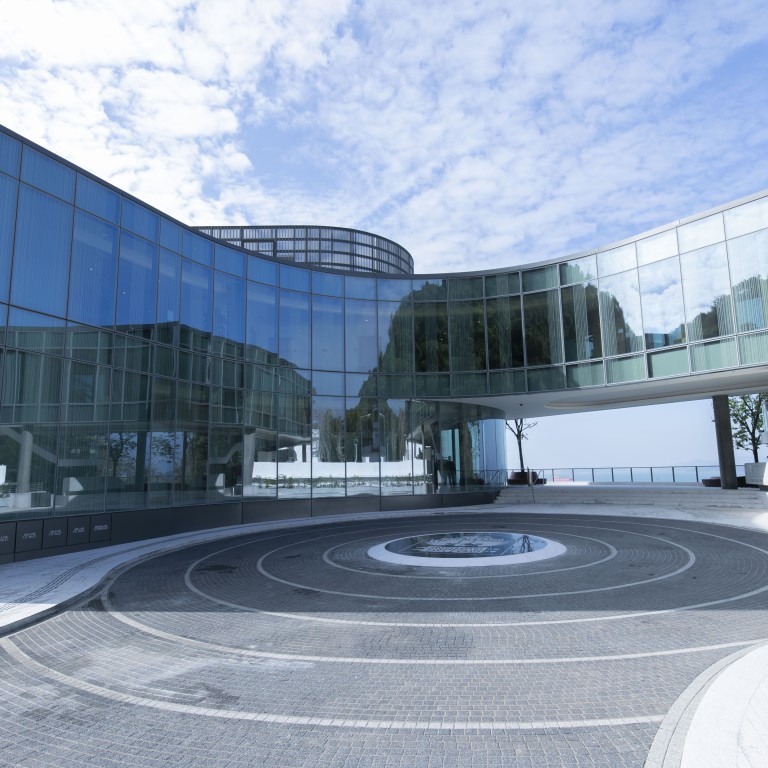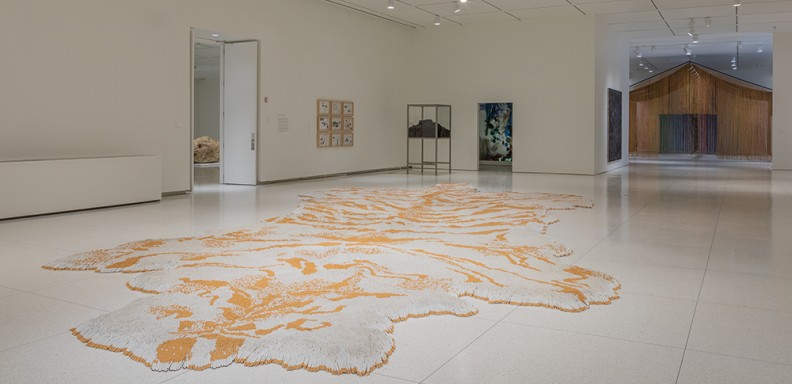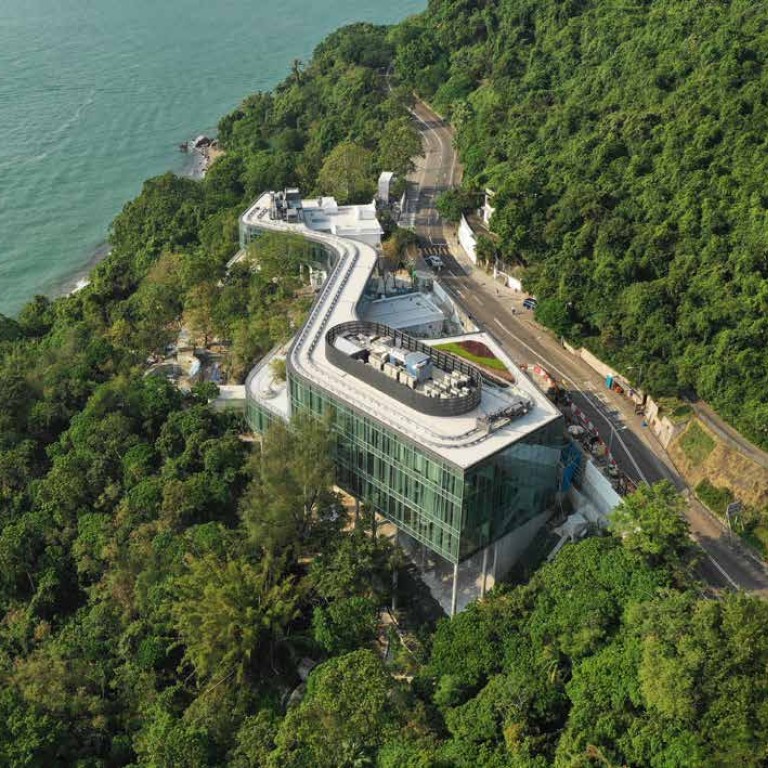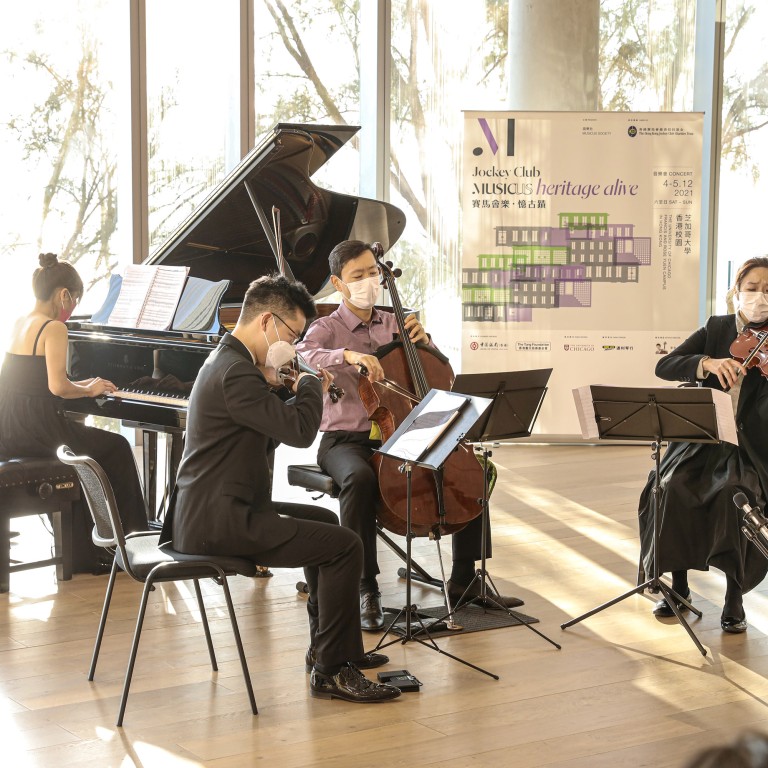First-of-its-kind effort, announced by IBM and Gov. JB Pritzker, will include Hyde Park Labs and the Illinois Quantum and Microelectronics Park
The University of Chicago will collaborate closely on a new initiative by IBM and Illinois Gov. JB Pritzker to locate IBM’s new National Quantum Algorithm Center in Chicago.
The new center, announced by IBM and Pritzker in Chicago on Dec. 12, will initially operate out of Discovery Partners Institute and the University of Chicago, with a modular quantum computer called IBM Quantum System Two located at Hyde Park Labs, supported by the University of Chicago.
The center and the new quantum system will aim to advance quantum-centric supercomputing across industries, reinforcing Illinois’ status as a leader in emerging technology and a global quantum capital.
As construction of the Illinois Quantum and Microelectronics Park (IQMP) advances, IBM and IQMP aim to transition the IBM Quantum System Two to a permanent home on IQMP’s campus.
“We’re making Illinois the global quantum capital and the center for job growth in the quantum industry – a true center of innovation with the power to solve the world’s most pressing and complex challenges and create jobs and investment for our state,” said Governor JB Pritzker. “The groundbreaking National Quantum Algorithm Center in Illinois represents a transformative step forward, whose impact will reverberate throughout the tech industry and beyond. I’m grateful to the leadership at IBM and our university and other industry partners for their ongoing efforts to accelerate quantum computing across our state.”
Development of the new center will enable Illinois’ growing ecosystem of quantum innovators across academia, national labs and industries to discover how quantum-centric supercomputing could be used for complex challenges. Experts believe quantum computing will help solve certain complex problems more easily than classical computers, because quantum computers process information in a unique way that lets them explore many possibilities rapidly. Integrating quantum and classical computers will help researchers to break apart problems, allowing each computing architecture to solve parts of a complex algorithm for which it is best suited.



